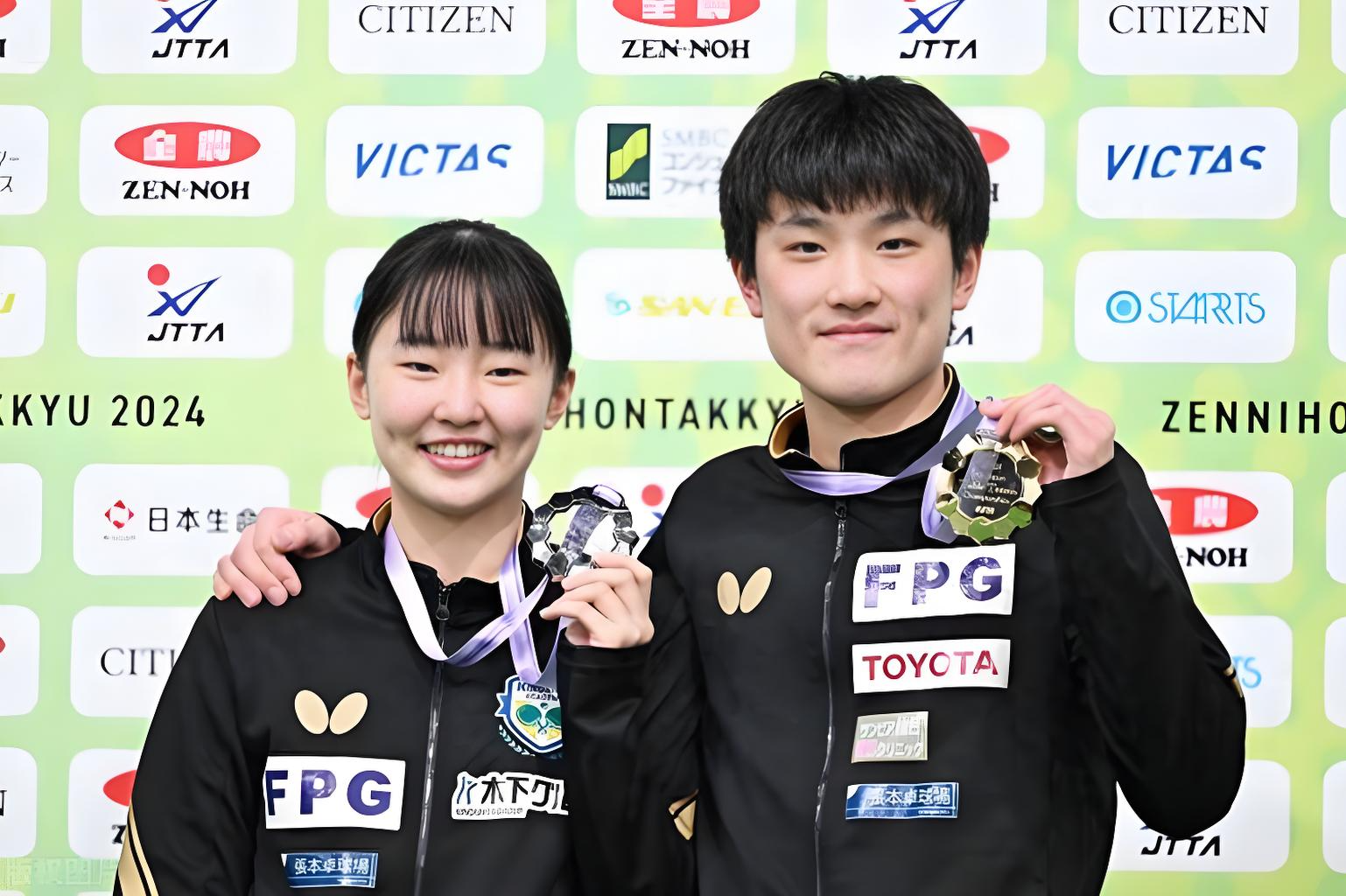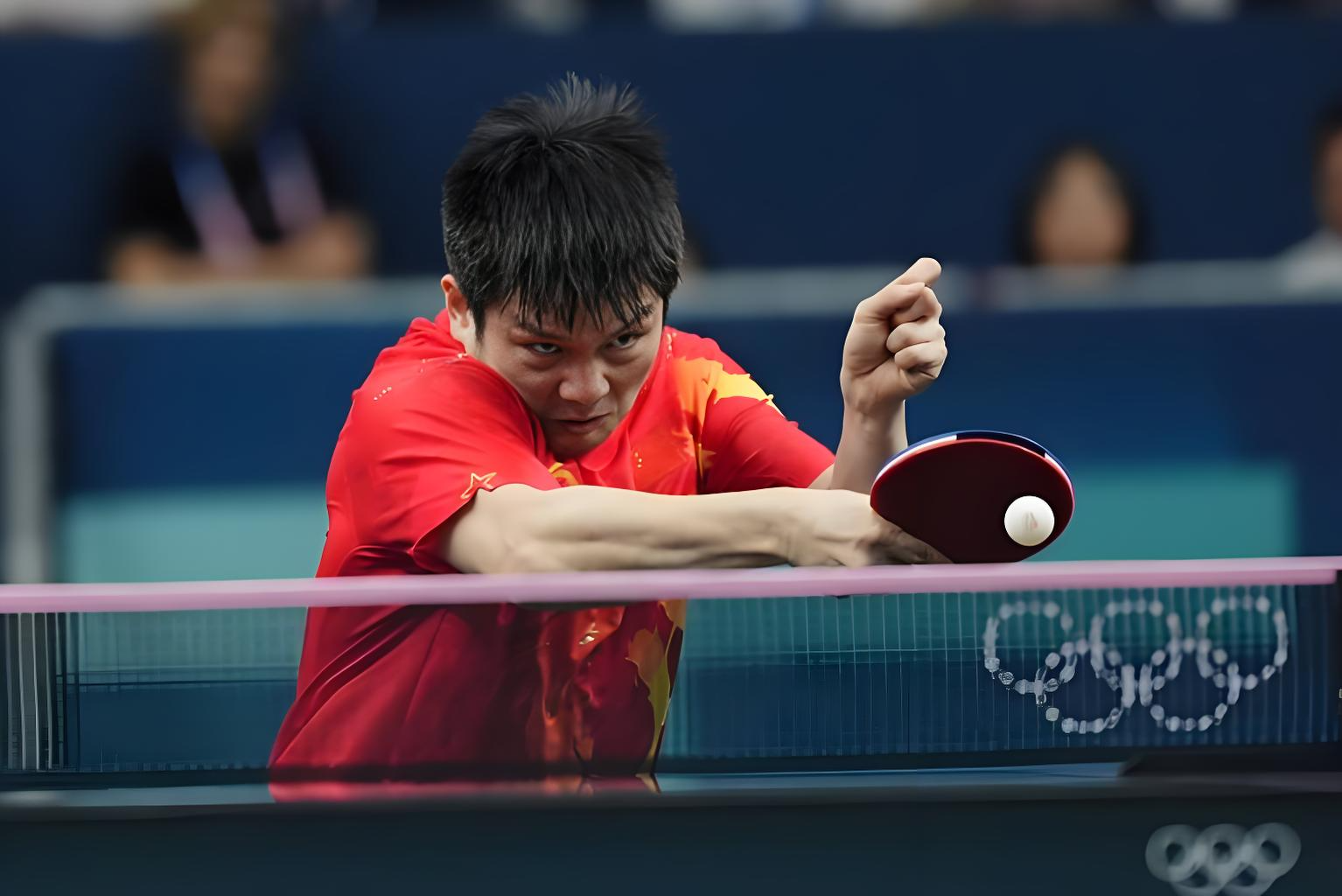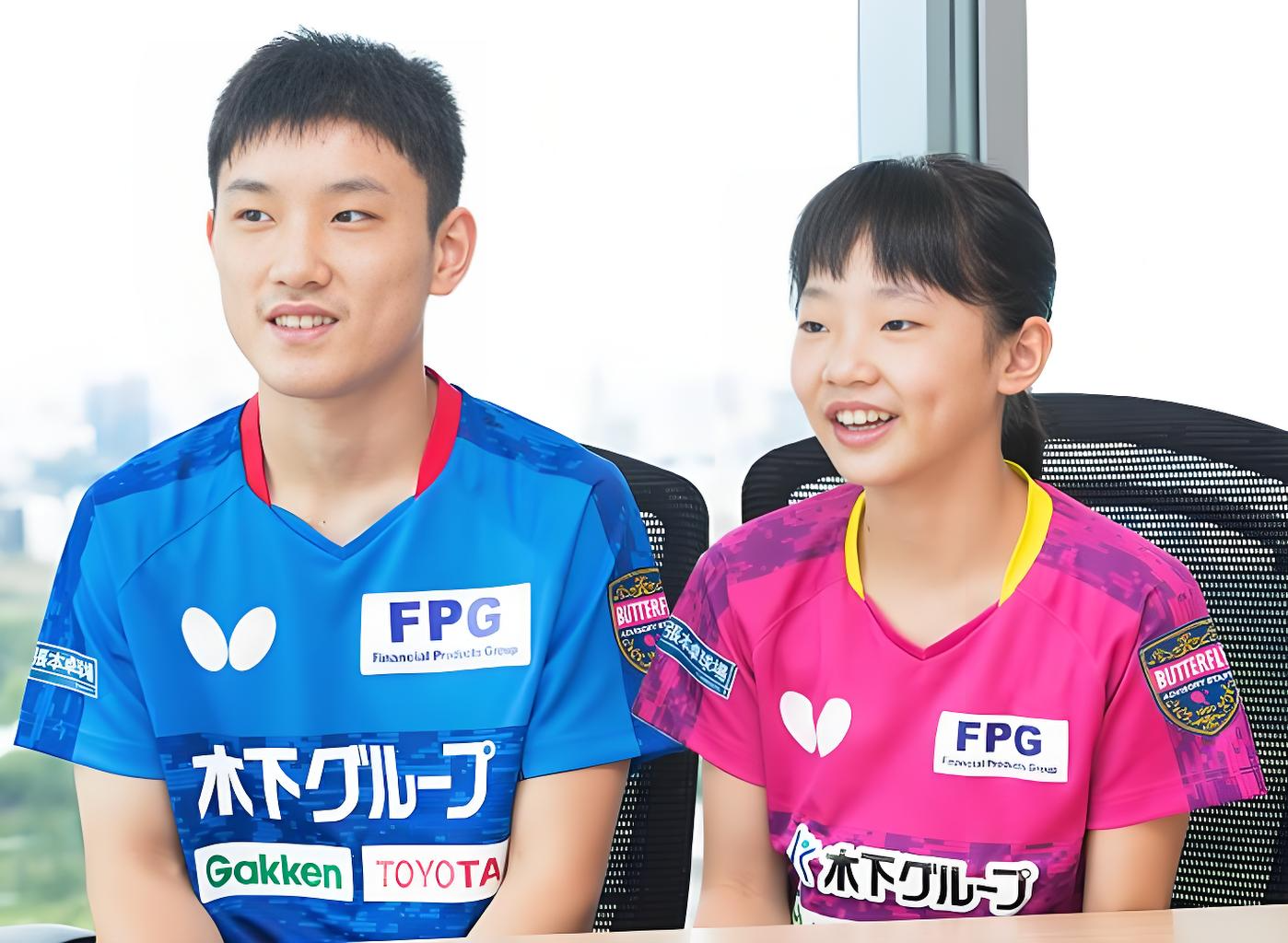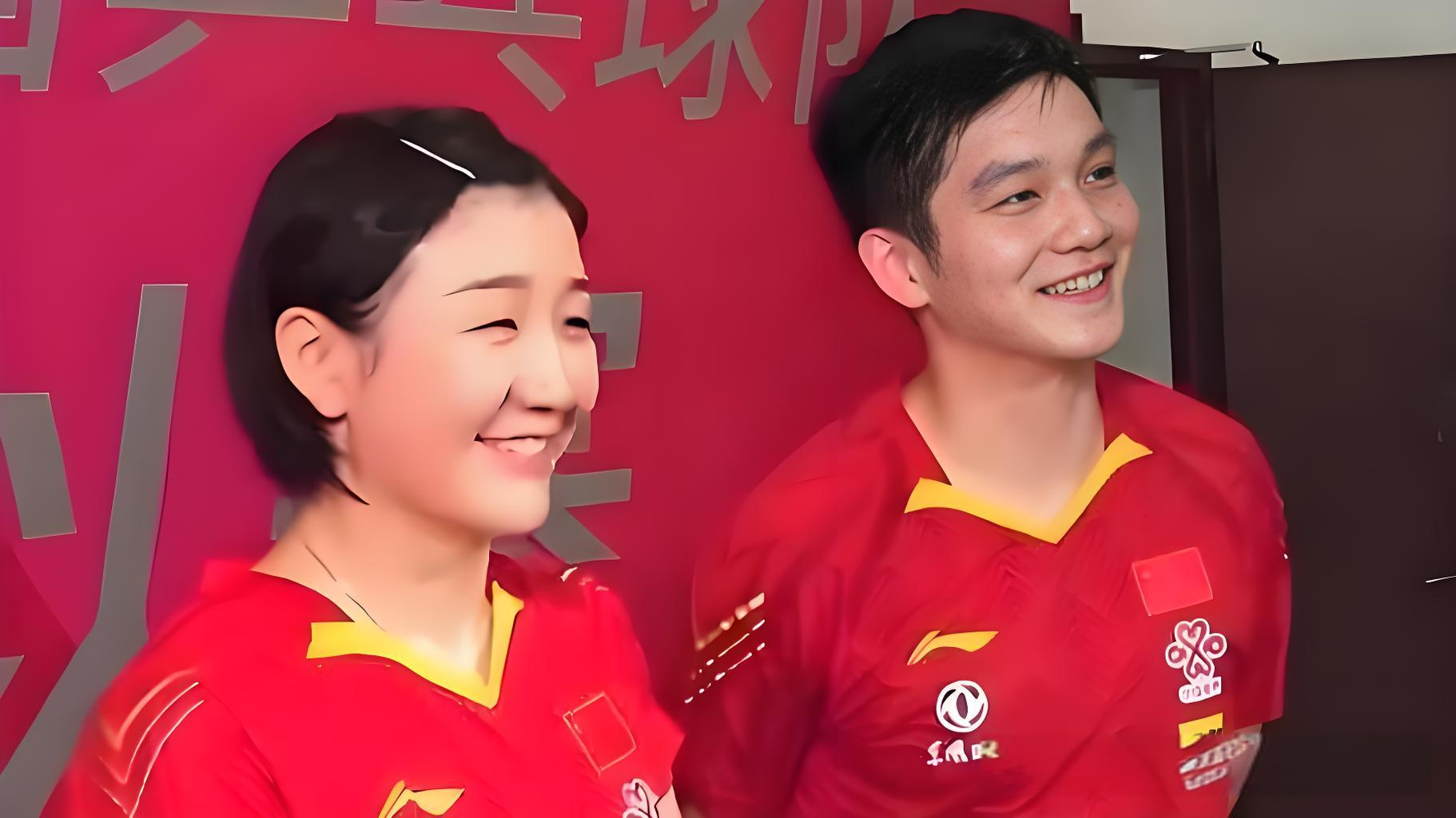Recently, the table tennis circle has been very lively, with everyone's attention focused on Fan Zhendong and Chen Meng. Fan Zhendong is a super Grand Slam winner with superb strength; Chen Meng has won two consecutive singles gold medals, known as the elite among female players. According to common sense, they should have smooth sailing in the table tennis world, but the actual situation is quite surprising.

First, there were frequent withdrawals from competitions, followed by withdrawal from the world rankings, breaking the usual calmness of the national table tennis team. At the same time, new WTT regulations have been introduced, which impose many restrictions on athletes, such as fines for withdrawals and fines for non-standard event registration. Athletes seem to be wearing "tightening rings" that restrict their actions, causing strong reactions.

Looking at Japan, Zhang Ben Zhihe and Zhang Ben Mehe siblings are thriving in Japan, with a broad stage, abundant resources, and high regard. It was a wise and far-sighted decision when Zhang Benyu resolutely took his family to Japan to develop their table tennis career.

Fan Zhendong and Chen Meng are the backbone of the national table tennis team. Fan Zhendong has won the Super Grand Slam through numerous challenges, a dream achievement for many athletes, which must have required great effort. Chen Meng is not simple either, holding two singles gold medals. However, they are now frequently withdrawing from competitions and even the world rankings, causing fans to be anxious.

Some speculate that it is due to injury factors, as high-intensity training and competition can easily lead to physical overload; others believe it is related to the new WTT regulations. After the introduction of the new regulations, withdrawals result in fines, and top-ranked athletes face significant fines for each withdrawal. If an athlete withdraws due to injury, they must go through a complicated medical certification process, or else they will still be fined. Even non-WTT events require registration, and failure to do so also incurs a penalty. Athletes seem to have their hands tied, and withdrawal may be an inevitable choice to avoid "landmines."

The treatment of the Zhang siblings in Japan is completely different. Zhang Ben Zhihe, at a young age, has shown outstanding performance in international competitions, with various major tournament resources tilted towards him. The Japanese Table Tennis Association fully cultivates him, providing excellent coaches and training facilities, hoping he can bring glory to Japan. Zhang Ben Mehe, as a rising star, is also highly regarded, with a relaxed and affluent growth environment.

When Zhang Benyu moved his family to Japan, many people did not understand, thinking it was a pity to give up such a superior domestic table tennis environment. However, seeing the development of the Zhang siblings today, one cannot help but admire his foresight. He early realized that the domestic competition is fierce, and the rules are increasingly restrictive, while the Japanese table tennis market has huge potential and can provide more opportunities for his children.
Netizens are also discussing this matter. Some say, "If Fan Zhendong and Chen Meng had such a development space, they might create more brilliance." Others say, "Domestic needs to reflect well, don't force all the good seedlings away." Now, this incident has caused a sensation in the table tennis world, with continuous controversy.
On the one hand, many fans feel sorry for Fan Zhendong and Chen Meng, believing that these regulations from the International Table Tennis Federation put too much pressure on athletes and impose too many restrictions, causing them to almost lose their basic right to participate in competitions. This is unfavorable for the growth and retention of talent. If this continues, more top athletes like Fan and Chen may want to leave, making it difficult for the national table tennis team to maintain its glory.
On the other hand, some people understand the original intention of the International Table Tennis Federation in introducing these regulations. After all, organizing events is not easy and requires certain norms to maintain order and ensure fairness and integrity in competitions. However, during implementation, should we listen more to the voices of athletes and make flexible adjustments to avoid turning "good intentions" into "bad deeds"?
Looking at the success of the Zhang siblings in Japan, some praise Zhang Benyu's boldness and foresight for opening up new horizons for his children; however, others worry that cultural differences, public opinion pressure, and other issues will eventually arise when developing abroad, and the future path may not be smooth.